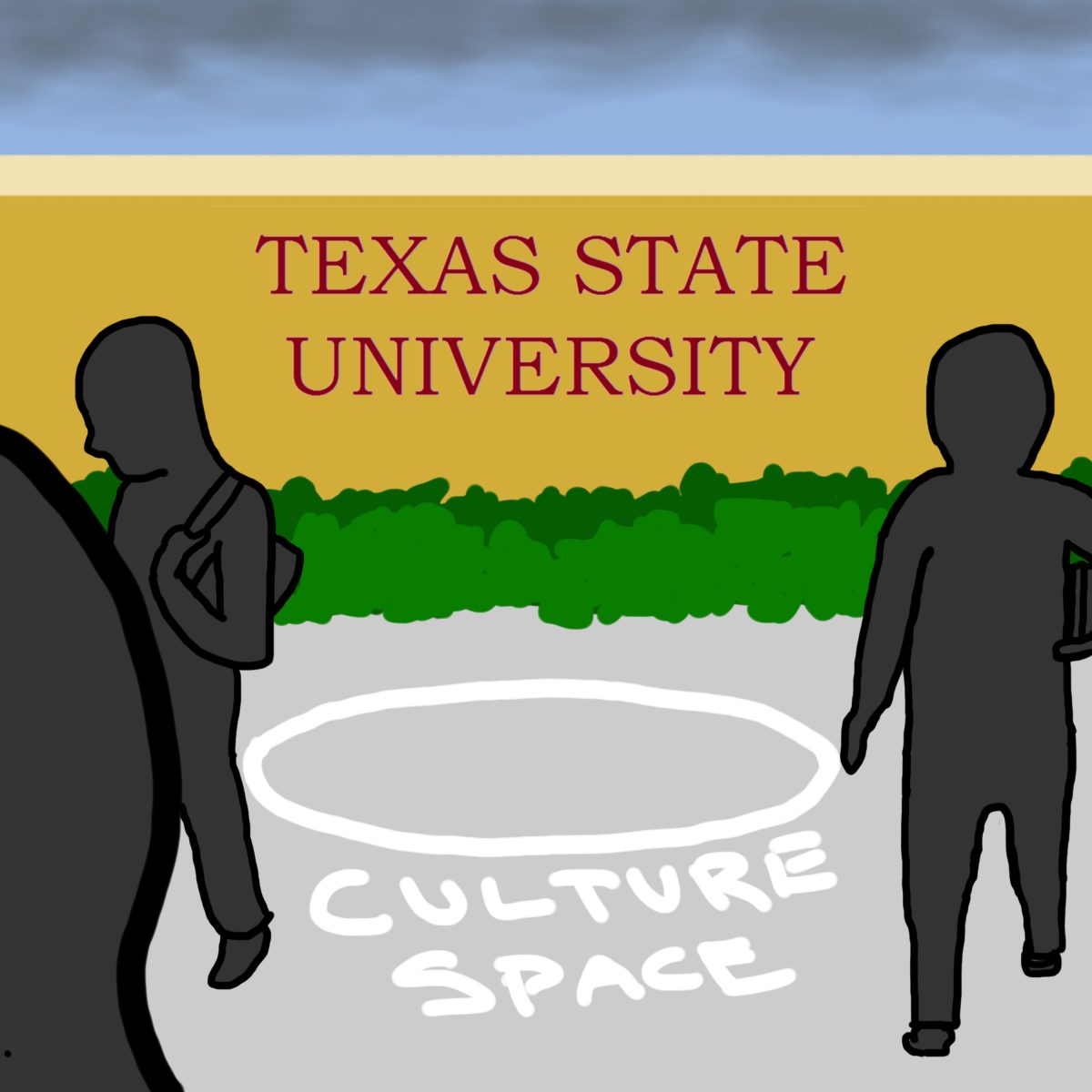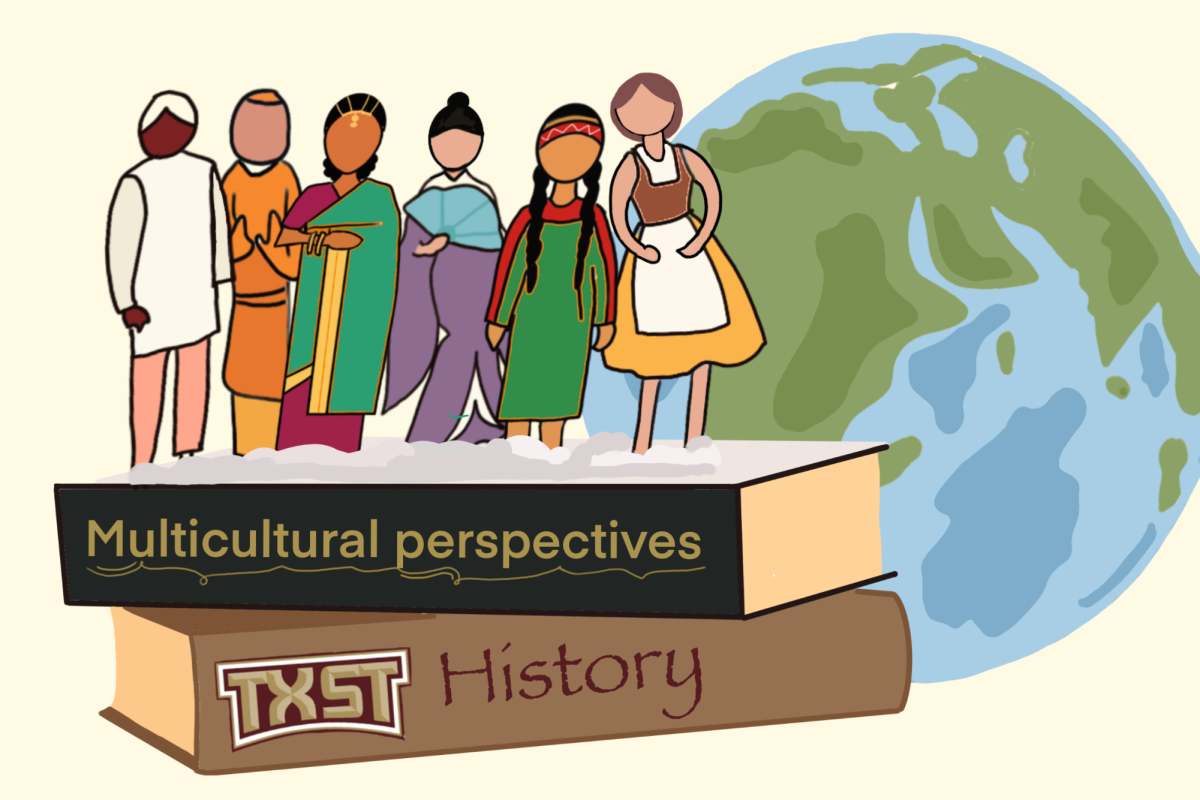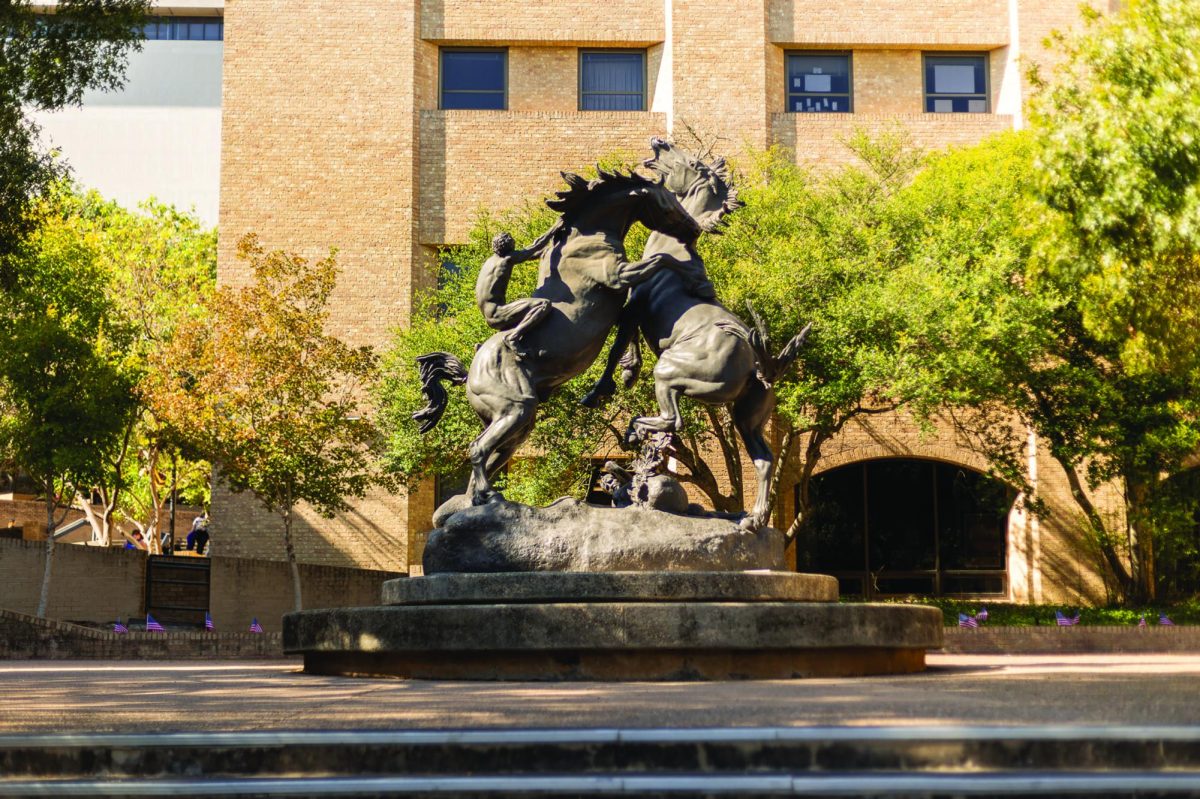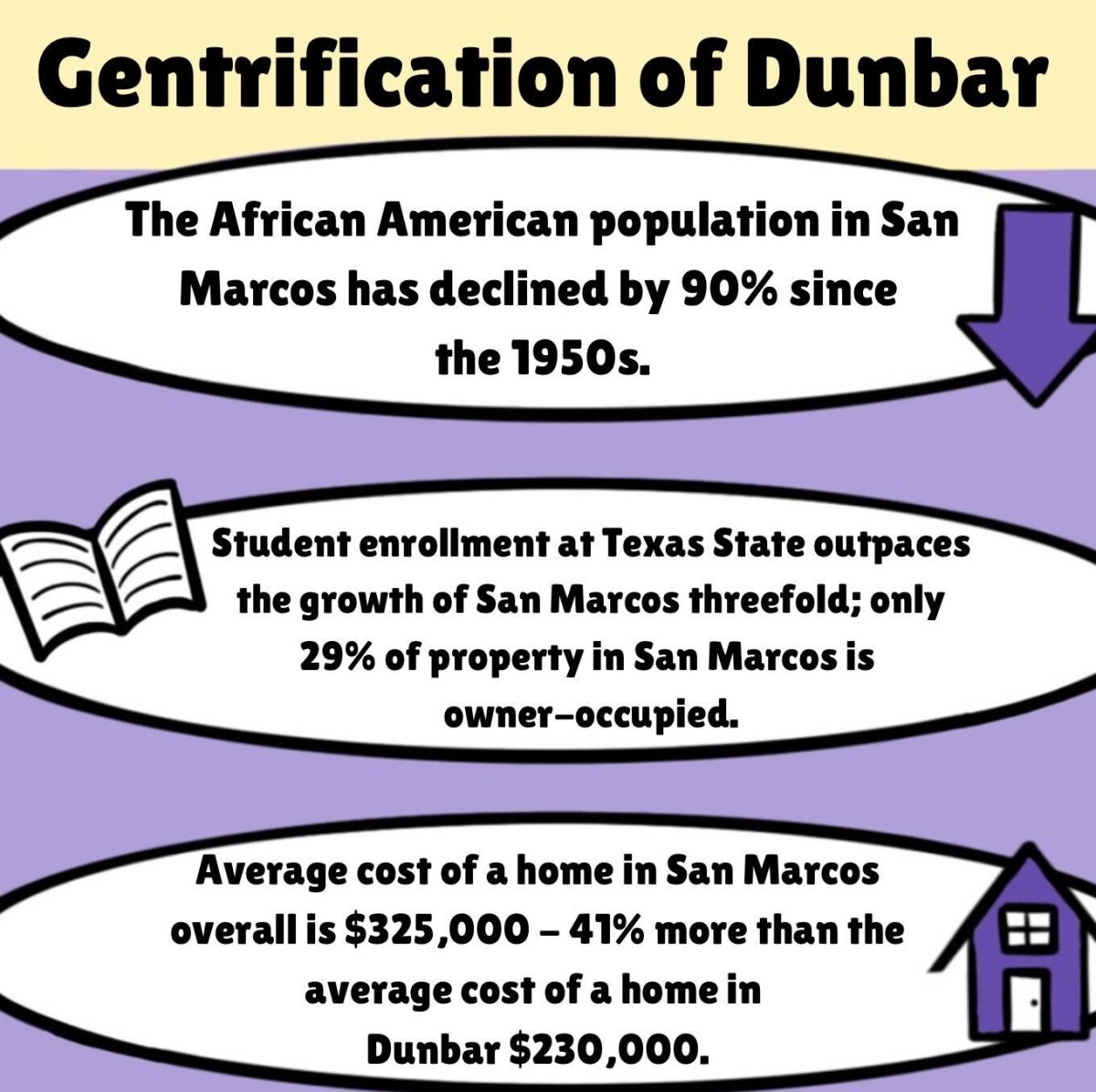I was a freshman at Texas State University when protests broke out in Ferguson, MO over the murder of Michael Brown and Baltimore erupted on live television after police killed Freddie Gray the following spring. As many college students around the country flocked to designated cultural spaces to organize and find support, I felt isolated by the predominantly white peers who casually filled my dorm lobby, classes and work-study job with no spatial refuge to process what was happening with other students of color. Now a senior, having studied through domestic terror attacks on Muslim communities, immigration raids targeting Latinx families, continued police brutality and Trump’s ascent to presidency, I recognize something has remained consistently absent at Texas State.
Despite its diverse array of cultural student organizations and annual events, the higher administration of Texas State University has yet to establish some of the most basic institutional resources to support marginalized student populations.
Since 2012, Texas State University has been designated an emerging research university alongside schools such as University of North Texas, University of Texas at San Antonio, Texas Tech and University of Houston among others. However, Texas State is the only school out of these proclaimed peer institutions that still lacks institutionally reinforced academic or social spaces such as specialized cultural centers or any form of Black or Latino Studies.
It is worth noting despite multiple instances of fliers posted on campus explicitly calling for violence against marginalized communities and the albeit temporary resignation of activity by the Muslim Students Association after it became apparent that campus was no longer safe for them, Texas State’s higher administration has chosen to treat these issues as anomalies. Akin to instances of sexual assault, our university maintains no online portal for reporting racially motivated or otherwise hateful incidents besides the police, an organization not exactly known for its active response to issues of social justice, turning a blind eye to the realities many students face alone.
In recent years, some students have taken the lead in demanding our administration do better. Student activist organizations such as SCOPE, PAAC, and BLMSM, however successful, expose a fundamental flaw in the development of Texas State. It is regularly left up to students to organize and demand basic educational needs be met while balancing the pressures of class, work and a social life. Let us not forget the work student activists do is usually free labor that benefits the university as a whole. This is an unfair and unhealthy dynamic for students, but an unfortunate reality of Texas State.
It is better to learn early on if you want cultural support at Texas State University, it will likely only come from the interpersonal work you put into finding students who share your experiences. Furthermore, the organizational support you find has been crafted through the resilience and resourcefulness of student initiatives in the face of an ever-apathetic institution.
But perhaps apathy is the wrong term. A public university of Texas State’s caliber that has made it to 2017 without providing so much as the bare minimum of services for marginalized students is past the threshold of apathy. Rather, it is a clear and active silence that allows the success and safety of marginalized students to fall behind the financial goals of the higher administration. When Texas State drags its feet in response to student calls for institutional support, they signal to an invaluable portion of the student population it would rather leave marginalized students to face their unique issues in dangerous isolation than address the lack of cultural infrastructure with the urgency and respect it deserves.
– Tafari Robertson is a public relations senior
Categories:
Texas State lacks cultural infrastructure necessary for student success
September 4, 2017
Photo by Israel Gonzalez
0
Donate to The University Star
Your donation will support the student journalists of Texas State University. Your contribution will allow us to purchase equipment and cover our annual website hosting costs.
More to Discover








